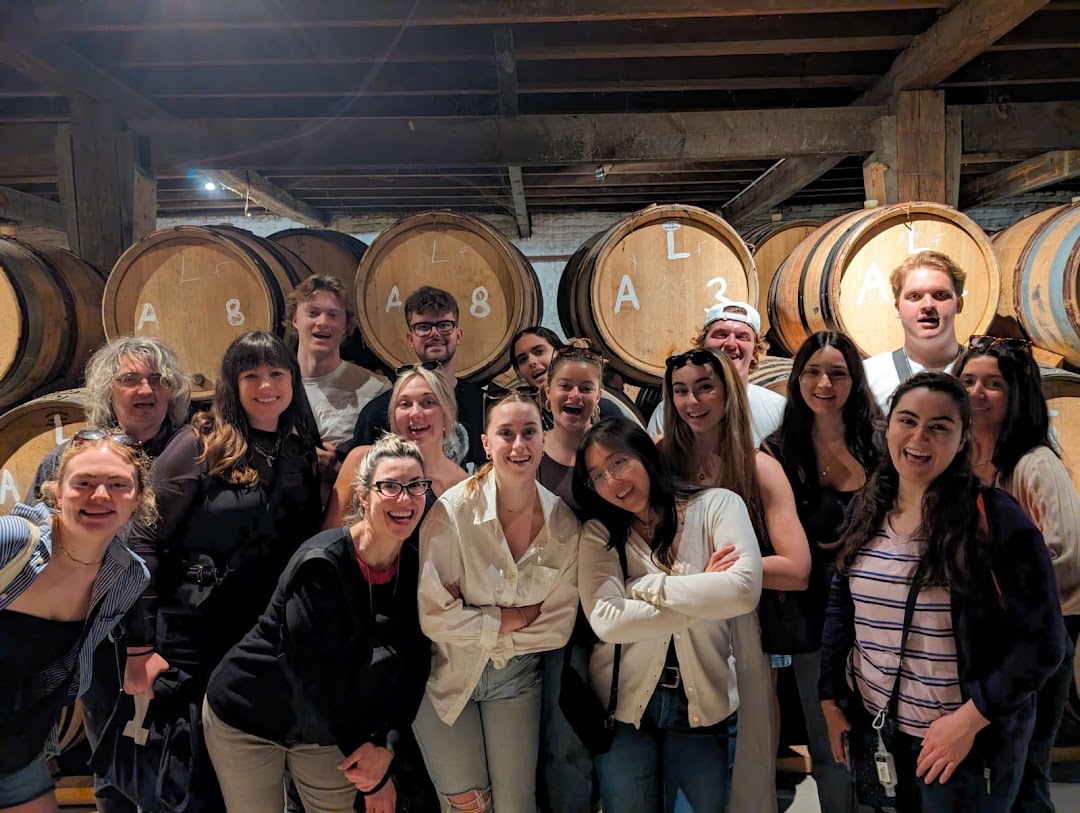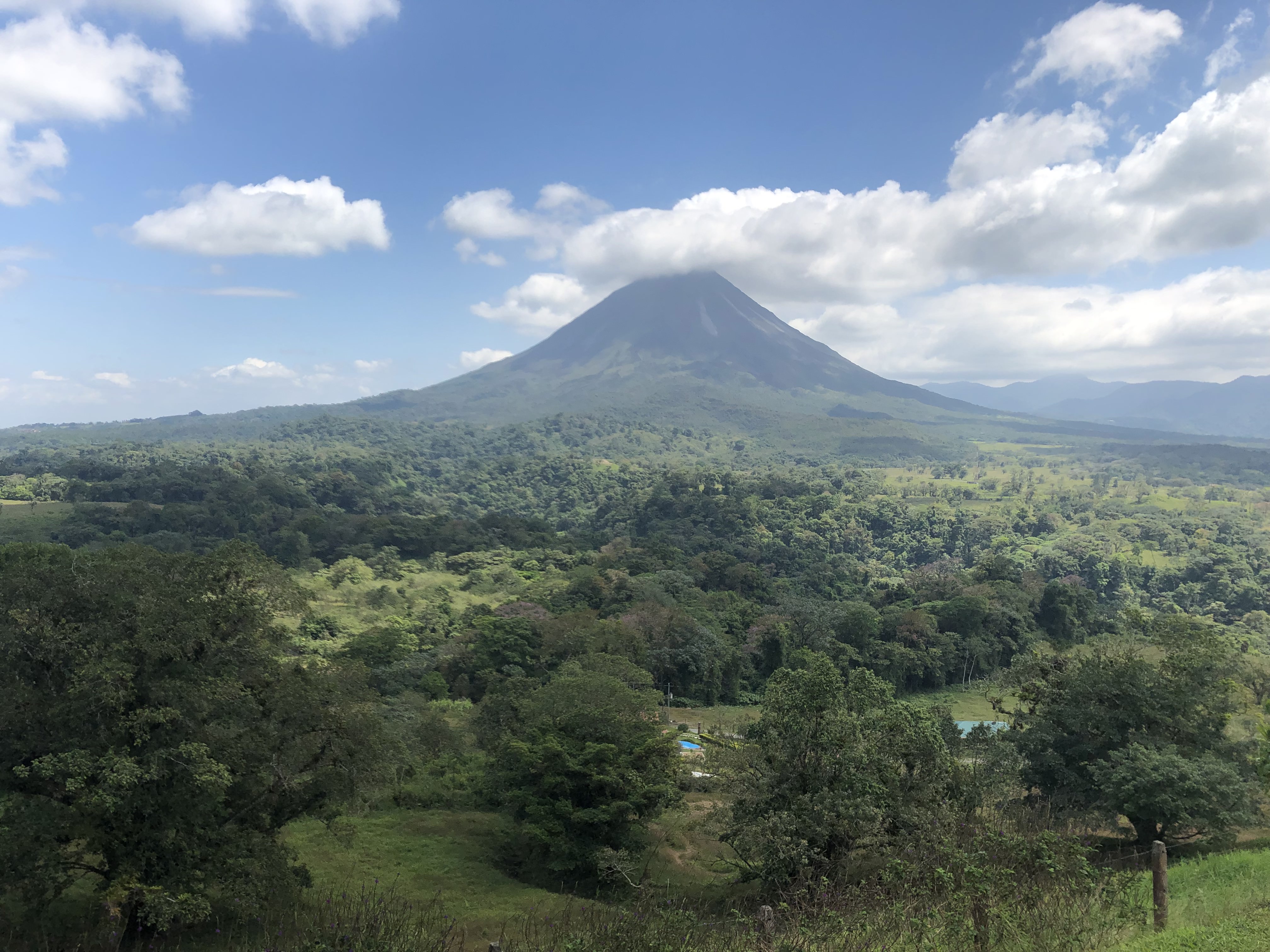We use cookies on this site to enhance your experience.
By selecting “Accept” and continuing to use this website, you consent to the use of cookies.
Study Spanish in Spain, archeology in Greece, history in China, global studies issues in Chile, or human rights and human diversity in Mexico. A variety of field courses have been created by Laurier’s outstanding faculty to add an experiential learning opportunity to their courses.
Courses will be posted throughout the fall term, please revisit this site regularly.
Spring Intersession 2026 (Tentatively May 12-27 2026, with Zoom meetings required in early May)
Students on this course will visit London, Brussels, and Bruges, with trips to unique breweries, pubs, and cultural venues. We will explore the differences in beer styles, experiences, and cultures. We will be investigating the way people communicate about beer and the culture of beer. We will read scholarly and popular literature about beer in communication and culture.
The course is a full one-credit course, with intensive interaction with Professor Jeremy Hunsinger and Dr. Jessica Cameron. Students will be staying together in hostels, hotels, or dorms. There will be a $2400 fee that will cover housing, breakfasts, and travel between cities. You will be responsible for your own flights, food, drinks, and other expenses.
Students in the last course said it was life-changing, gave them a significant background to begin a career in relation to the brewing industry, and gave them significant insights into understanding culture and communication that will help their future careers.
We welcome all students in second, third, and fourth years, and all majors. If you are interested in participating in this course, please e-mail Prof. Hunsinger at jhunsinger@wlu.ca with around 200 words about a: your interest and background for the course (please be authentic and don't use AI) and b: a copy of your unofficial transcript by January 8th. Please ensure the e-mail's subject is: CS 288 Beer, Communication and Culture application. There will be a Zoom information session on November 26th. Please contact jhunsinger@wlu.ca to request an invitation to the information session, and you can email jhunsinger@wlu.ca for more information.

Learn more about past faculty-led programs abroad.
This 1.0-credit intensive Spanish language and cultural immersion experience is led by a Laurier faculty member in Spain for approximately one month.
This is a 1.0-credit summer course on the subject of the Holocaust. The course also includes visits to memorial sites and museums around the country related to the history of the Holocaust.
"Regardless of everyone's personal reasons for taking part in the trip, we were all able to walk away with a deeper understanding not only of the Holocaust, but of what being a student of history truly means."
Erica Parnis

Learn more about the student experience of confronting the Holocaust in Poland.
Laurier undergraduate students travelled to Mexico to better understand the realities of migration, including how people become displaced, barriers along the migrant journey and how organizations offer assistance.
"Being completely immersed in the issue allowed me to see the discrepancies between what we hear in the news at home and what the reality is for the people afected."
Neala Hayratiyan
Learn more about the Migration and Human Rights in Mexico student experience.
Contact Us:
Global Engagement
E:
globalengagement@wlu.ca
T:
548.889.5591
Office Hours:
See the Staff Listing page for staff drop-in hours and meeting availability.